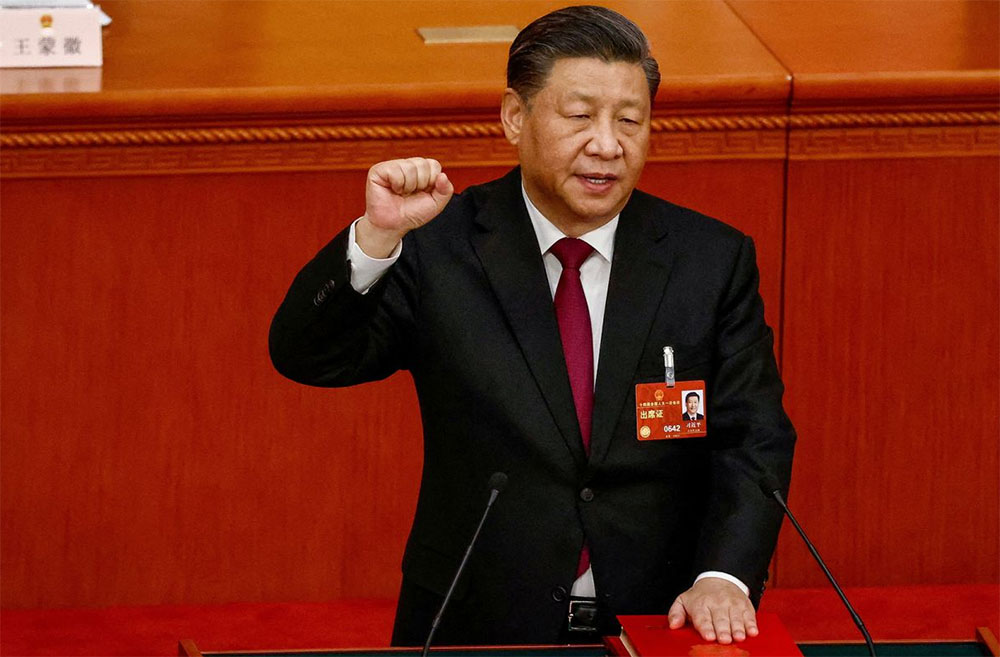Photo Credit: Getty Images
In a swift untraceable act this December, Chinese state-sponsored hackers breached the U.S. Treasury Department's systems, accessing sensitive unclassified documents. The breach, attributed to a Chinese Advanced Persistent Threat (APT) actor, has raised significant concerns about the security of key governmental infrastructures.
According to a Treasury Department letter to lawmakers, the hackers infiltrated systems by exploiting vulnerabilities in BeyondTrust, a third-party cybersecurity provider. A stolen digital key allowed the attackers to bypass security measures and gain remote access to certain Treasury workstations. BeyondTrust promptly alerted the Treasury on December 8, initiating a multi-agency investigation involving the FBI and the Cybersecurity and Infrastructure Security Agency (CISA).
While the motive remains speculative, experts suggest it aligns with known Chinese espionage objectives. Tom Hegel, a cybersecurity analyst at SentinelOne, noted the operation's similarity to previous China-linked campaigns, particularly their strategy of leveraging trusted third-party services. "This attack mirrors a documented pattern of PRC-linked activities," Hegel stated, underscoring its strategic precision.
China's response has been defensive, with Foreign Ministry spokesperson Mao Ning rejecting the allegations. "China opposes all forms of hacker attacks," Mao asserted, accusing the U.S. of making unfounded claims. Similarly, the Chinese Embassy in Washington dismissed the accusations, calling them baseless.
The timing of this breach exacerbates its impact. It comes amid ongoing revelations about Salt Typhoon, a Chinese intelligence group implicated in compromising U.S. telecommunications systems earlier this year. That operation granted access to phone records, text messages, and even wiretapped lines monitored by the Justice Department. These incidents collectively expose vulnerabilities in critical infrastructure, intensifying the pressure on cybersecurity frameworks.
Treasury officials have downplayed fears of ongoing exposure, stating that the compromised service has been taken offline. A forthcoming report to Congress is expected to detail the scope and implications of the breach. Meanwhile, the Treasury remains vigilant, emphasizing its commitment to safeguarding financial systems. "We take these threats seriously and continue collaborating with private and public sectors to enhance security," a Treasury spokesperson assured.
This breach shows how cyber espionage is becoming a defining battleground. As investigations continue, policymakers face mounting urgency to bolster defenses against such intrusions.


